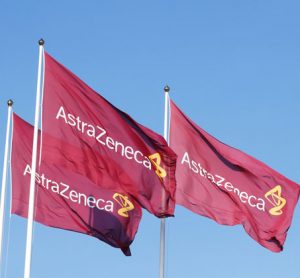AstraZeneca to present new healthcare economics data demonstrating cost-effectiveness of BRILIQUE
Posted: 21 October 2011 | | No comments yet
AstraZeneca will present key results from health economics sub-studies…


AstraZeneca today announced it will present key results from health economics sub-studies from the PLATO trial at the upcoming International Society for Pharmacoeconomics and Outcomes Research (ISPOR) EU meeting, 5-8 November in Madrid. Data from eight countries will show that using BRILIQUE (ticagrelor) plus aspirin to treat acute coronary syndrome (ACS) patients for one year is associated with cost-savings, gain in quality-adjusted life years, and life-years gained compared to treatment with both generic and branded clopidogrel plus aspirin. In the EU, BRILIQUE is indicated for the prevention of atherothrombotic events in adult patients with ACS.
The PLATO health economics sub-studies used local cost data and clinical data from Brazil, Canada, Germany, Greece, Holland, Mexico, Poland, and Spain to evaluate the clinical effect observed in PLATO, as well as cost considerations for treating ACS patients with BRILIQUE versus generic and branded clopidogrel. Across each country and measurement, results showed that even at a higher price, BRILIQUE is a cost-effective treatment for ACS patients compared to generic and/or branded clopidogrel.
“It’s critical that we deliver solutions that demonstrate how our medications improve quality-of-life and reduce mortality, as well as alleviate the cost burden on the global healthcare system caused by hospital readmissions and expensive procedures,” said Tony Zook, Executive Vice President of AstraZeneca’s Global Commercial Organisation. “AstraZeneca works closely with our stakeholders, starting early in the drug development process, to effectively address their questions about the value of our medicines, in order to ensure patients will ultimately benefit from cost-effective therapeutic options.”
Data for one additional AstraZeneca brand, CRESTOR (rosuvastatin) is now available in ISPOR’s Value in Health publication, and will also be presented at the group’s annual European meeting next month, along with the BRILIQUE health economics sub-studies:
- BRILIQUE health economics sub-studies for Brazil (abstract #33322), Canada (abstract #33335), Germany (abstract #32529), Greece (abstract #34099), Holland (abstract #32584), Mexico (abstract #33517), Poland (abstract #33653), and Spain (abstract #33160), will be presented Monday 7 November, 8:00-19:30
- The Archimedes model demonstrated that CRESTOR (rosuvastatin) a cholesterol-lowering medication, reduced the risk of major adverse cardiac events (MACE), as compared to atorvastatin in higher-risk patients (abstract #33997) will be presented Monday 7 November, 8:00-19:30




